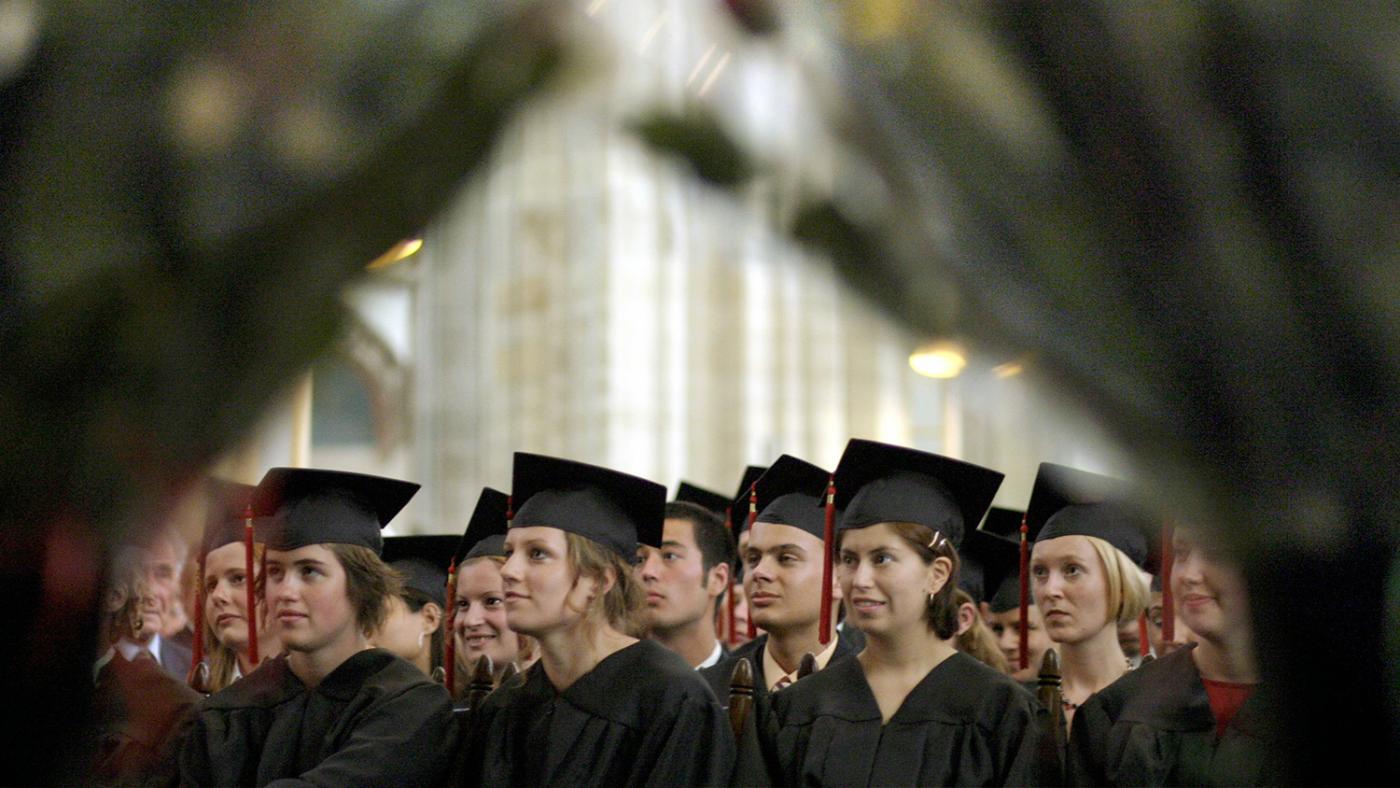‘I would like my diploma to have a good value abroad’
Students with international ambitions critical of UU’s withdrawal from THE ranking

“It is an irresponsible act to withdraw from the THE ranking like that,” comments a recent graduate from the Game and Media Technology Master’s, under the alias Kiku. The alumnus asked DUB not to disclose his real name. Kiku comes from China, a country outside the European Economic Area, which means that he had to pay over 20,000 euros in tuition fees. And that’s not counting all the expenses to obtain a visa and the cost of living in the Netherlands. Studying at UU was, therefore, a considerable investment for him and his parents – and one of the main reasons that convinced them to spend this much money was UU’s position in international university rankings.
“There are only thirteen universities in the Netherlands, so everybody knows UU here. But that’s not always the case abroad. When employers in China read my CV, they will wonder whether UU is a good university. It’s very common for them to verify the three major university rankings (THE, Shanghai and QS) when evaluating talent,” explains Kiku, who is now packing his bags to return to China with the aim of finding a job in his field.
But he doesn’t want to stay there forever. In the future, Kiku would like to apply for a highly skilled migrant visa somewhere. He underscores that many countries only grant such visas to graduates from the best-rated institutions in the three main rankings. Japan, for example, demands applicants’ diplomas to be from a university that is among the top 100 on at least two of the three lists. Hong Kong and the UK have their own lists of desired universities, but it looks like they are informed by the three famous rankings too.
Even the Netherlands itself is no exception: the country uses all three rankings when analysing applications for an orientation year from graduates of foreign universities. UU graduates from outside the European Economic Area wishing to stay in the Netherlands to look for a job will not be affected, as all Dutch universities are accepted for this type of visa.
UU is currently number 107 on the QS list for 2024 but its cooperation with QS has also been terminated, so how long UU will continue to appear in that ranking depends on QS’ policy. As for the Shanghai Ranking, it is based on information collected independently. Universities don’t have to submit any data to its makers. So, it is possible that UU will continue to be featured there.
Mich, a Dutch second-year student in English Language & Culture, agrees that international students may be harmed by UU’s decision. But Dutch students can be harmed as well, he says. Although he does not intend to work abroad in the near future, he would like to keep his options open. “And if I do move abroad someday, I would like my diploma to have a good value.

The Dutch student Mich, second-year student of English Language & Culture
Taken by surprise
Both Kiku and Mich were taken by surprise by UU’s announcement. “This came out of the blue”, says Mich. “I was really surprised that we didn’t know about any of this beforehand. I believe that UU should have consulted students before making such a decision. We should have had a say in this.”
Kiku feels the same way. In his view, in addition to students, UU should have talked to companies (both local and international) and alumni before making a decision. “Only the interests of people working in academia seem to have been considered. They should have listened to those who will work in the private sectors, in the industry.”
On the day of the announcement, UU justified its decision to leave the ranking by stating that it is “practically impossible to apprehend the quality of all programmes and courses offered by a university through a single score. In addition, research reveals that the methods and data used by the institutions responsible for making these rankings are often questionable. Last but not least, the university has been promoting academic collaborations and open science, which does not go together with an appetite for scores and competition.”
“I agree with everything they said but they can’t just leave,” reacts Kiku. “The Dutch Minister of Education said not to focus on rankings, not to drop it altogether. In fact, no longer submitting information is listed as a long-term measure on a recommendation paper by the association of Dutch universities, UNL, published in June. Not a short-term measure.” In his view, UU shouldn’t have taken this step alone, either. “If all Dutch universities would have left together, that would have been a statement. Now it'll just look like UU isn’t good enough to make the list.”
Kiku and Mich conclude that, despite UU’s intentions to set a positive change in motion, rankings will remain important internationally. “Until the world changes, international students and Dutch students with the intention to work abroad are basically being put in a bad position, getting less return on their investment,” says Mich.
UU’s response
In an e-mail to DUB, a spokesperson for UU acknowledges that the university’s “principled” decision “may have practical consequences for students and staff. The extent of the potential consequences will become clear in the years to come.” In the meantime, the university promises to “keep an eye on where students and employees are inconvenienced by the absence of UU in certain rankings”.
UU adds that, at present, the fact that UU does not appear in the THE Ranking “does not seem to have a direct impact on chances to obtain a residence permit or search year” as the university still appears on the QS and Shanghai Ranking, as well as others like CWTS Leiden and NTU. The university stresses that whether or not UU will continue to be featured in the QS ranking depends on QS, not UU. “In many respects, including this one, it is not transparent how these rankings operate.”
Since the announcement of UU’s withdrawal from the THE ranking, the university says it has received a lot of praise from around the world, but also a lot of questions. “For some people, the absence of UU in the THE ranking may affect their perception of the university. But we believe and expect people to choose to study, work, or collaborate with UU based on content and quality, not a spot in a ranking with limitations,” writes the spokesperson.
The university also says that the announcement shouldn’t have come as a surprise considering that “UU, like many other Dutch and foreign universities, has been critical of rankings for a long time.” Participating in the THE ranking simply would not be “in line with our values and ambitions and what we propagate in the national and international academic communities. The decision was made in the context of Open Science and the cultural change Recognition & Rewards.”